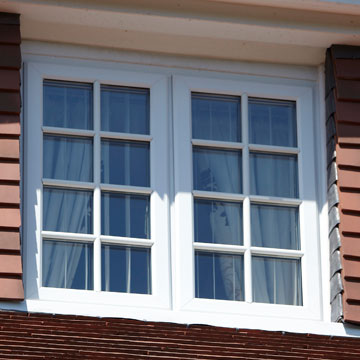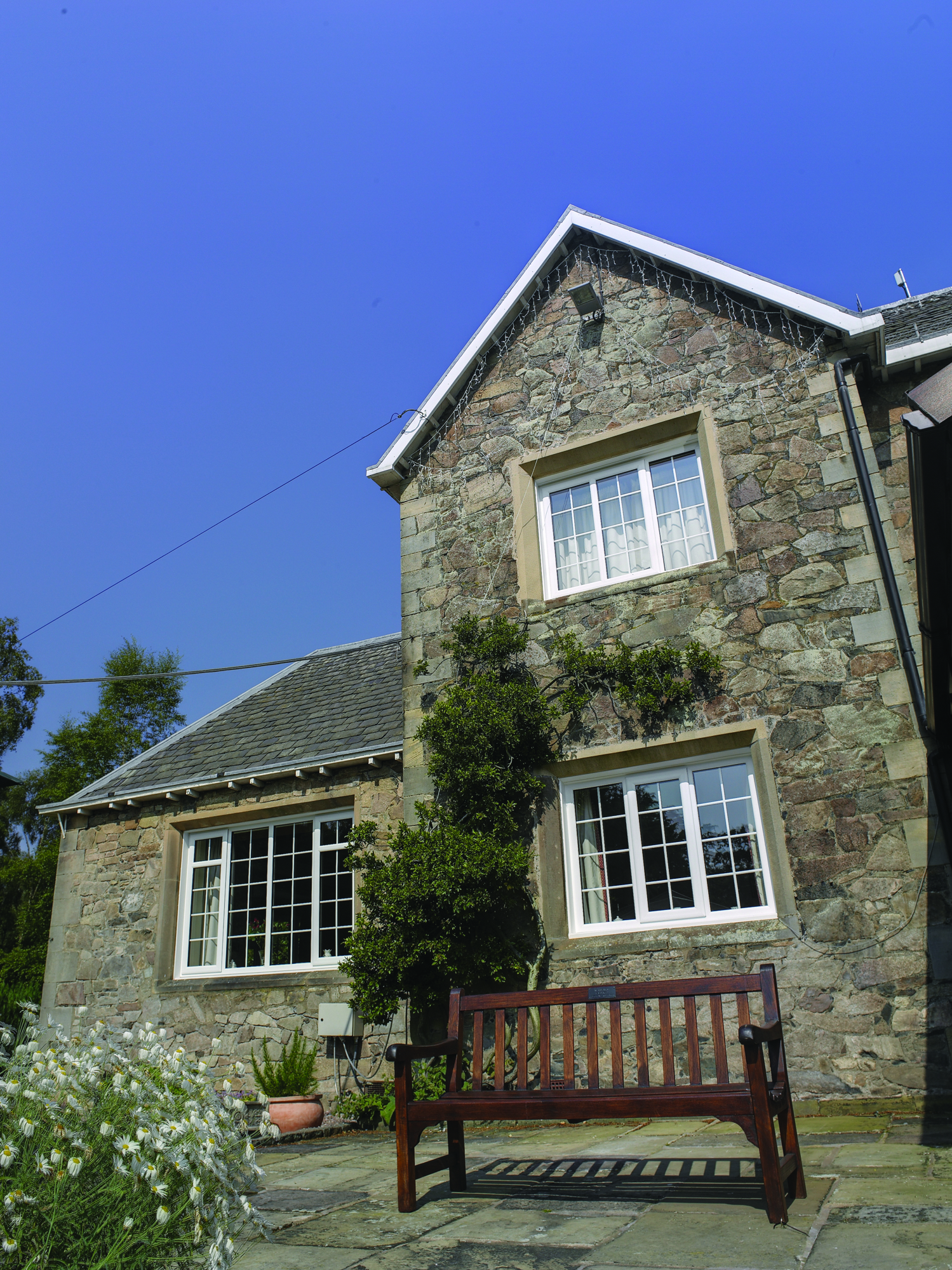How does double glazing work?
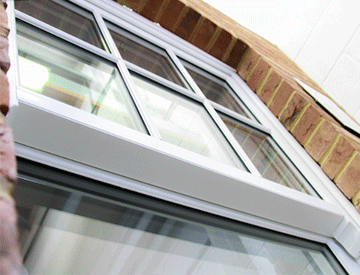
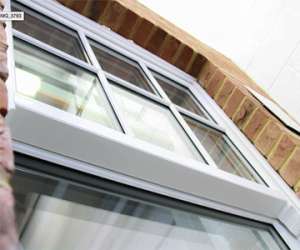
As an increasing number of people look to cut carbon emissions in their homes, it’s hardly surprising that double glazing installations doubled from 6.2 million to 15.7 million dwellings between 1996 and 2008. Coupled with Brits spending more than £40 billion on upgrading their homes since 2013, it’s interesting to note that new windows via double glazing still continues to rank highly in the home improvement chart; currently at number 5 according to a recent survey. This is due to the obvious additional warmth that double glazing brings, but also the fact that noisy roads can considerably impact on the value of a property too.
Surging in popularity since the 1980’s due to evolving building regulations, which introduced U-value limits to proactively address heat-loss across the country, the way double glazing works still remains a mystery to some. So, we thought it only right to thoroughly explain how it works.
How does double glazing work?
Double glazing creates an insulating barrier to effectively retain heat within the building, by utilizing two sheets of glass with a gap in between. This gap, usually around 16mm wide, slows the escape of warmth from a building. To prevent further energy leaving the property, the gap is sometimes filled with an inert gas such as argon, xenon or krypton; argon being the most commonly used, as it has 34% lower thermal conductivity than air as well as being the most cost effective of the three.
Related to this post: Why you need to replace misted, double glazed units
At Albany Windows, we only provide the best for our customers; which is why we use Planitherm Total+ low emissivity glass within our double-glazed units. These units use an innovative coating to reflect excess heating in the summer, whilst impressively retaining heat in the winter. Exceeding energy efficiency right across Cheltenham and Gloucester, our double glazing achieves an ultra-low U Value of 1.4 W/m2K. Not only does this keep homes warmer for longer, it potentially reduces energy bills and therefore saves South West property owners money too.
Furthermore, private landlords across the South West should bear in mind that they could be risking hefty fines if their rental properties do not meet new minimum energy efficiency standards. In place since 1st April 2018, this basically means that privately rented homes across England and Wales must now achieve a minimum ‘E’ EPC rating for new tenancies (unless applicable exemptions apply); set to cover existing tenancies from 2020. A simple yet effective way of doing this would be to upgrade single glazed windows to double glazed – as the higher the EPC rating, the more attractive it’ll be to prospective tenants in the future.
Best glazing in the South West
If you wish to upgrade your windows this summer, don’t hesitate to give one of the Albany Windows team a call on 01242 511 384 or send us an online message to discuss your requirements further.

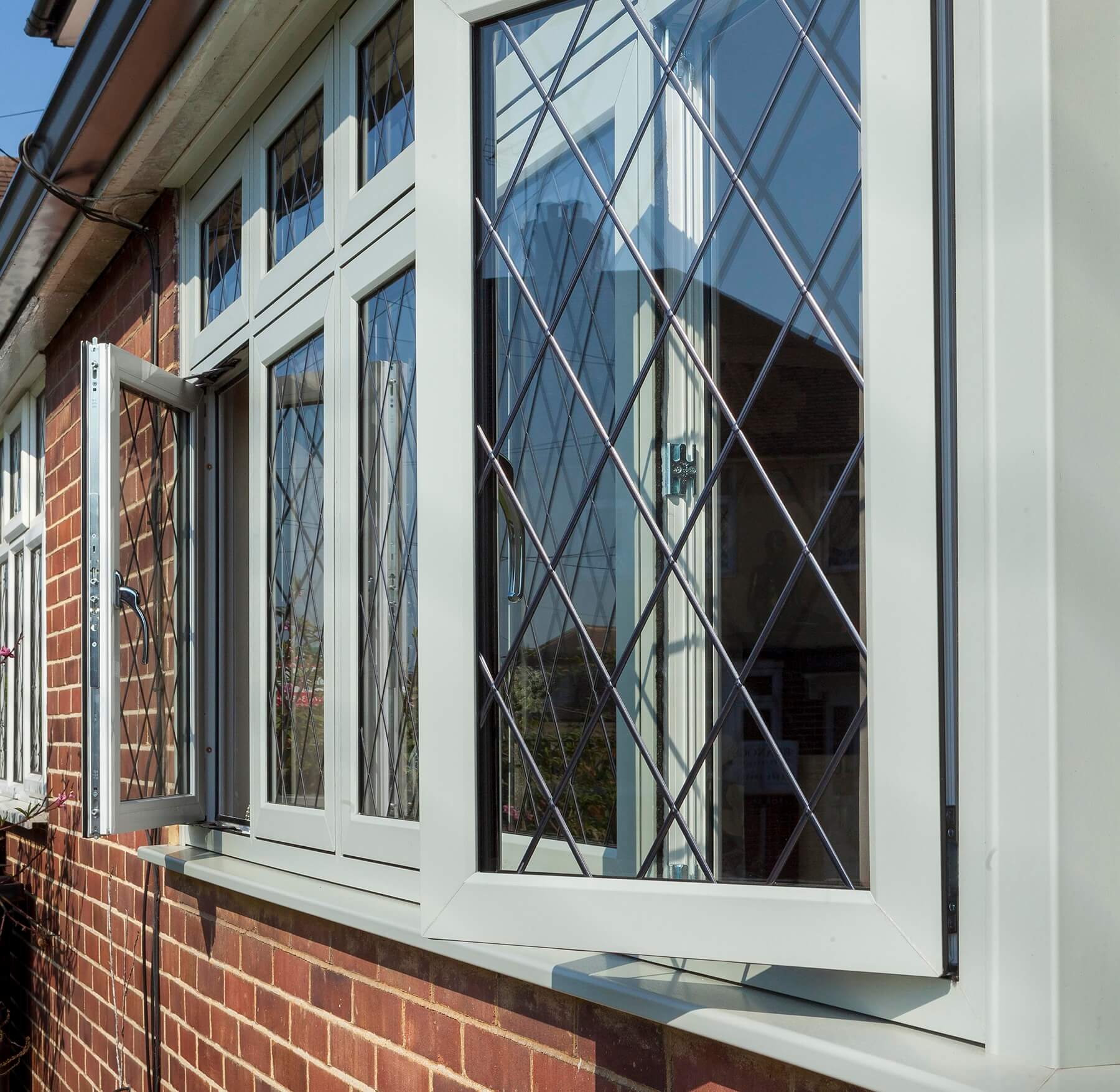
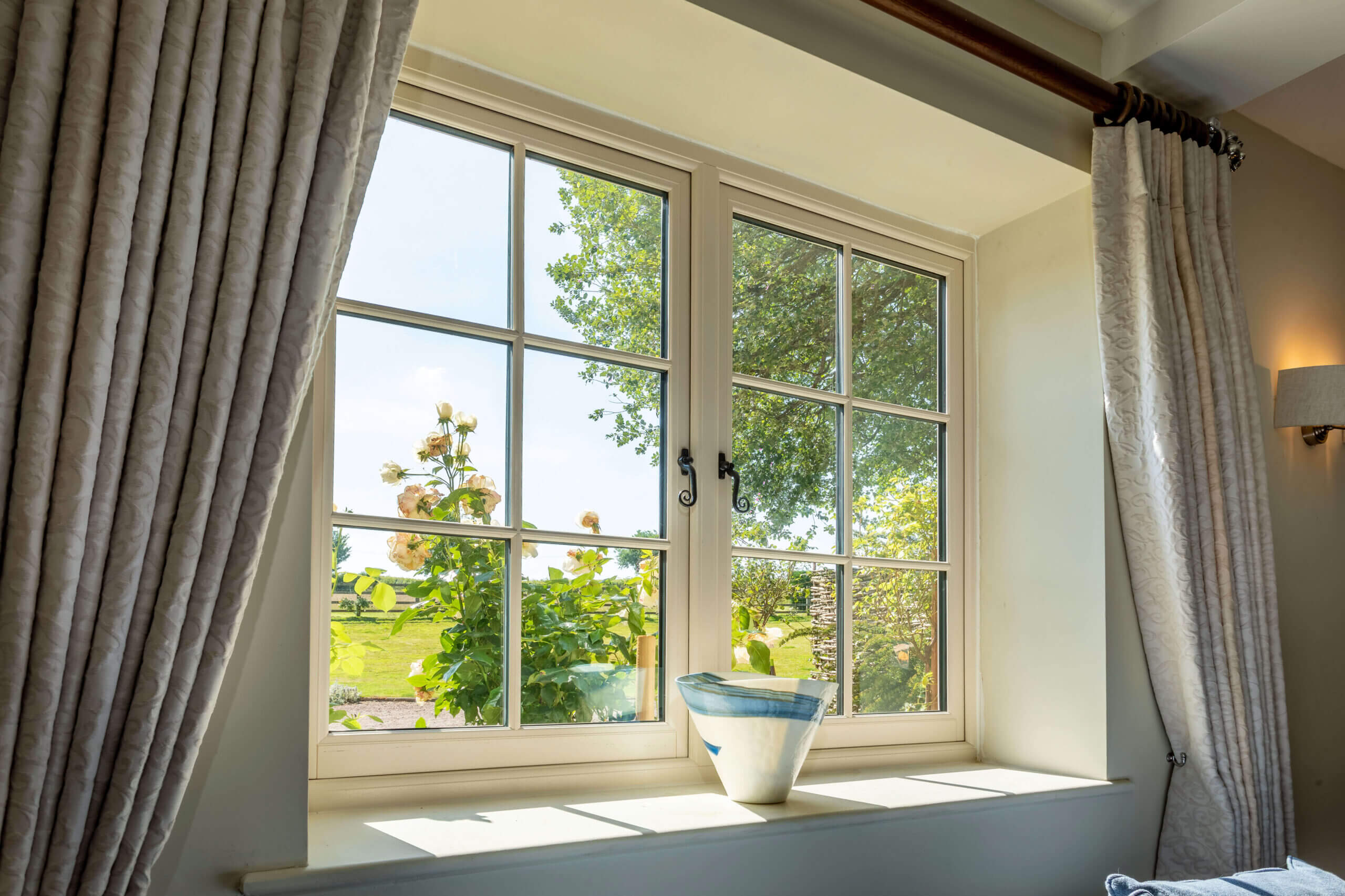
 based on over
based on over 
